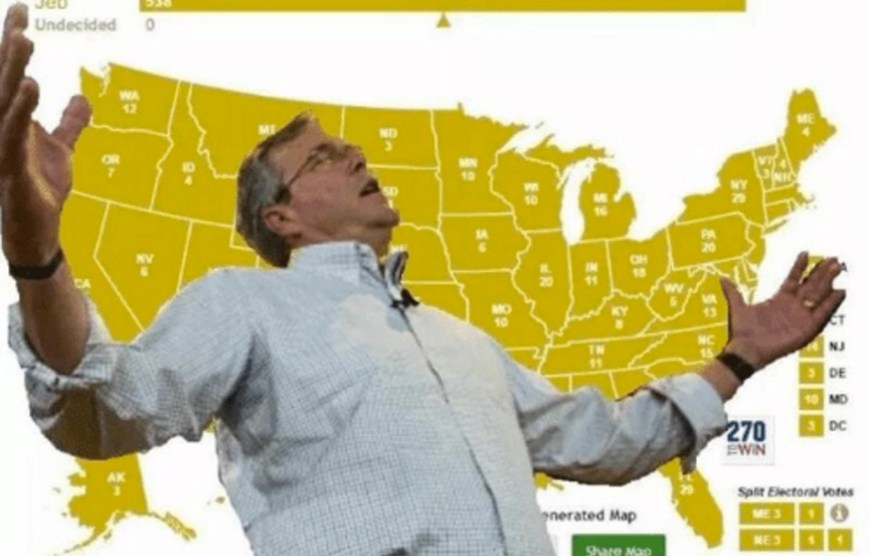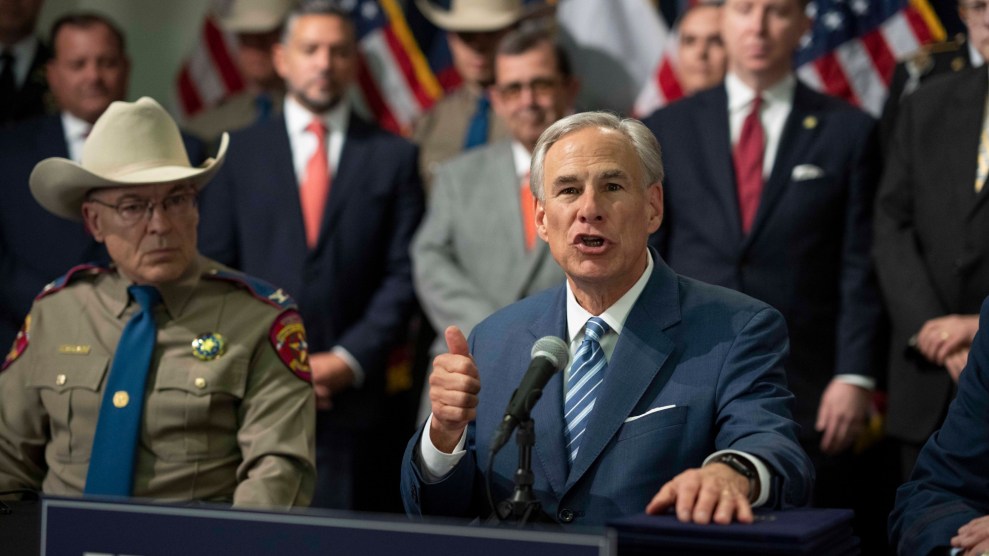SEARCHING FOR CASSANDRAS….Brad DeLong says he was keenly aware of the housing bubble and fully expected it to burst. Me too! But he didn’t expect any of the following:
(3) the discovery that banks and mortgage companies had made no provision for how the loans they made would be renegotiated or serviced in the event of a housing-price downturn.
(4) the discovery that the rating agencies had failed in their assessment of lower-tail risk to make the standard analytical judgment: that when things get really bad all correlations go to one.
(5) the fact that highly-leveraged banks working on the originate-and-distribute model of mortgage securitization had originated but had not distributed: that they had held on to much too much of the risks that they were supposed to find other people to handle.
(6) the panic flight from all risky assets — not just mortgages — upon the discovery of the problems in the mortgage market.
(7) the engagement in regulatory arbitrage which had left major banks even more highly leveraged than I had thought possible.
(8) the failure of highly-leveraged financial institutions to have backup plans for recapitalization in place in the case of a major financial crisis.
(9) the Bush administration’s sticking to a private-sector solution for the crisis for months after it had become clear that such a solution was no longer viable.
So then: who did expect any/all of this stuff? Commenter macheath offers a few heroes:
Some people saw pieces of it, but were largely ignored or marginalized. Dean Baker was hammering on the house price bubble for years, and several people (including Gary Gensler at Treasury) called for stronger capitalization of Fannie and Freddie, saying their business model was not sustainable, and they were beaten up by Congress, Democrats and Republicans alike. Brooksley Born at the CFTC wanted to start investigating derivatives in the mid-1990s, and was slapped down by Greenspan, Rubin, and Summers, leading to legislation (backed by Summers) to prohibit the CFTC from regulating derivatives.
Is that it? Was anyone else warning us about Brad’s seven points back in 2004? Or 2005?

















